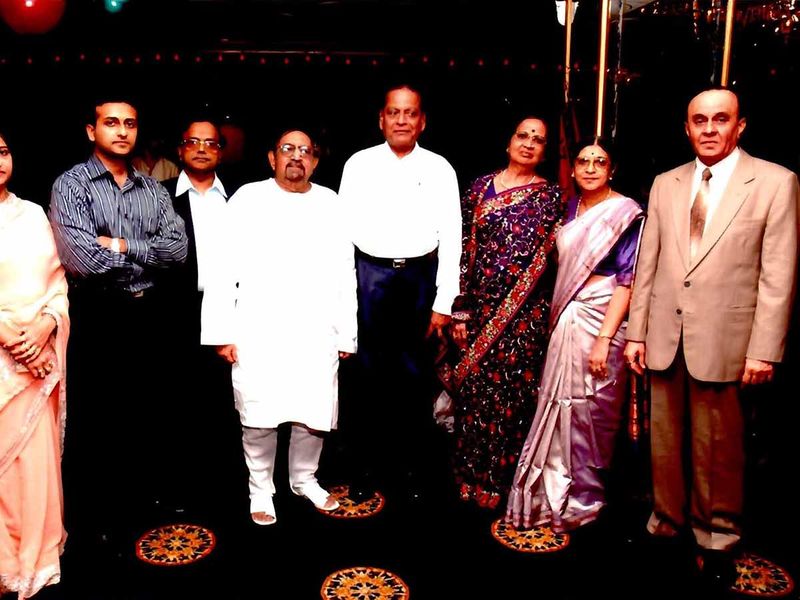Who gives up their US green card citizenship?
I guess only someone with bigger aspirations and life goals.
Meet Mahendra K Asher, founder and senior partner of Mahendra Asher & Co Chartered Accountants firm, who did just that. Ask him why and the reply comes quick: it was the lure of Dubai.
For Asher, Dubai is home, the place that made him rich – not just money-wise but also as a person. Yet, he insists that is not a measure of one’s success.
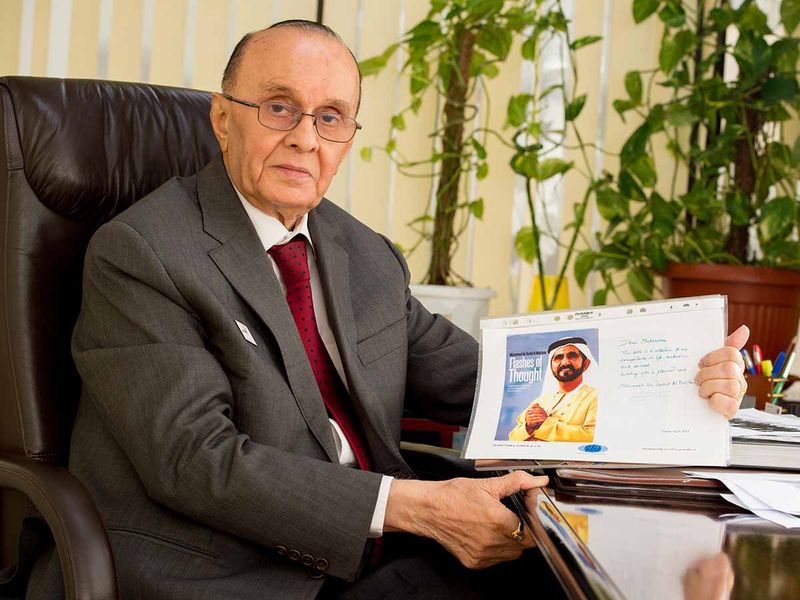
“First, I am not in the league of big millionaires. And I don’t like talking about my wealth. For me, a person is rich when they do their job righteously and be a good human being. If you want to categorise me as a millionaire, let me tell you I am in the lowest end of that spectrum. But I have a great family and they are my real wealth. I am happy and contended with my life."
To him, success is measured by helping the community and being respectful to others. Today Asher has lived up to his philosophy in life and his contribution to the society is testament to that.
Asher is a founder and former chairman of the Dubai Chapter of The Institute of Chartered Accountants of India. He is a former member of Overseas Indians Economic Forum-UAE. He served teh committee's of The Indian High School Dubai as Hon Treasurer during the 1990's. He was also the Joint Hon Auditor during initial stages of the school.
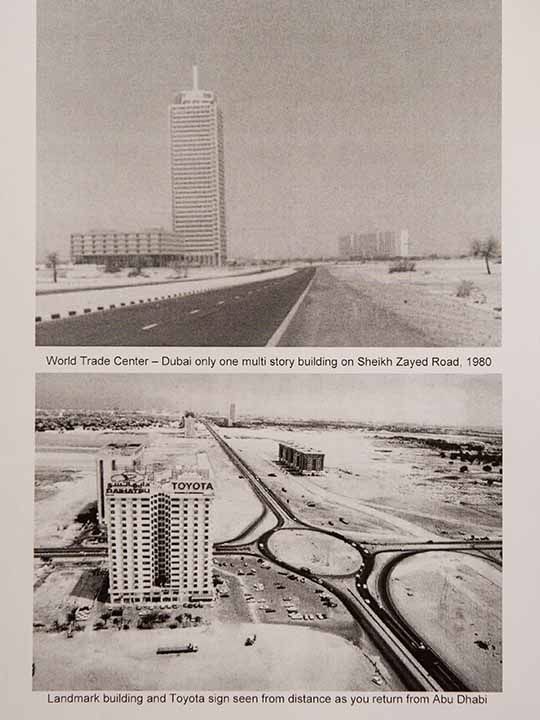
Turn back the clock
The chartered accountant first came to Dubai in 1971 to work in a private construction company, Mohammed Saeed Al Mulla (of the Al Mulla Contracting Company). His salary was Dh2,500 a month. Before taking up this job Asher was working in CIBA of India Limited (currently known as Novartis) in Mumbai. He was earning a salary of Rs900 [Dh47]. And so when he got a job offer that came with a raise and a tax-free income, he naturally jumped at the idea.
It was supposed to be a stopover. He had a dream, to migrate to the US. Little did he know Dubai would prove magnetic and his well-thought-out plans would go for a toss.
“Dubai was only a stepping stone to the US. I took up this lucrative job offer so I could fund my move to the US. That was the goal,” he said in an interview to Gulf News.
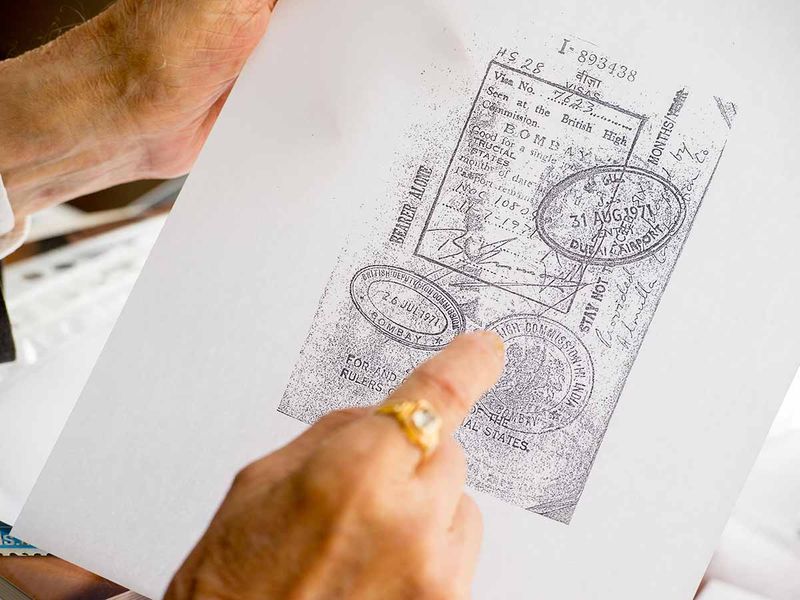
A year into his job at the construction company in Dubai, Asher joined a bank where he was in charge of the credit department, reporting to the general manager and board of directors on special assignments. He received banking training for six months at Chase Manhattan Bank's branch in Athens, Greece in 1976.
In 1978 Asher received his green card and migrated to the US with his wife. Five years later, he returned to Dubai.
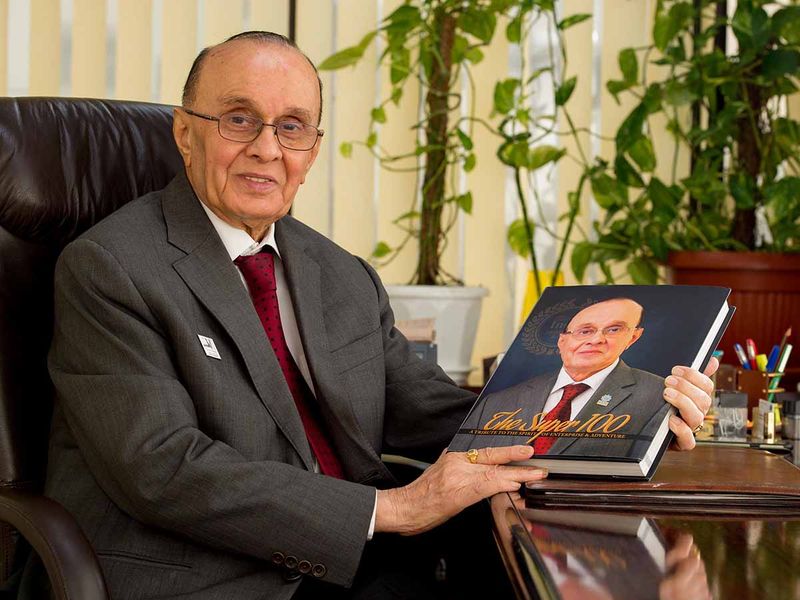
Dubai’s magical charm
“My wife loved Dubai and she wanted to come back to this place. Added to this, my mother was not keeping well. She lived in Mumbai [then Bombay] and we wanted to be closer to her. Dubai was perfect in every sense,” said Asher.
When it comes to leading a peaceful life there is no other country in the world to match the UAE, reckons Asher. “Security is so high. I feel safe living here and so does my wife. The weather is great too,” he said.
"When we were in the US, my wife and I struggled with the weather. Extreme cold can get very depressing. But life in Dubai was and is a pleasant contrast. Safety, security and blissful life it is here in the UAE. Our temple was near our house, but in the US, we had to travel a long distance to visit one.”
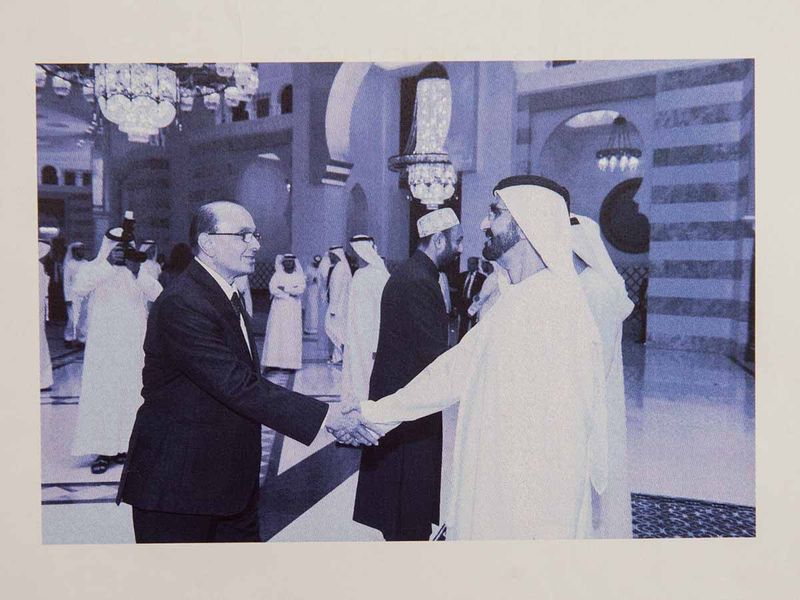
Security was a major concern in the US. "When I used to take interstate buses there was always a threat of getting mugged. But in Dubai, no one will bother you even if you go out in the middle of the night. We are free to practice our religions. The UAE is one of the most tolerant nation in the world. Where in the world do you have a Ministry of Tolerance and Ministry of Happiness? It speaks volumes of the nation and its rulers," he added.
Keeping these factors in mind, Asher relocated to Dubai and thus began his long and steady journey here.
Born in Mumbai in 1943, Asher saw India gain independence in 1947, and in 1971 he also saw the birth of the UAE. "I was at the Union House when the signing of the declaration of unity took place,” he said with pride in his eyes.
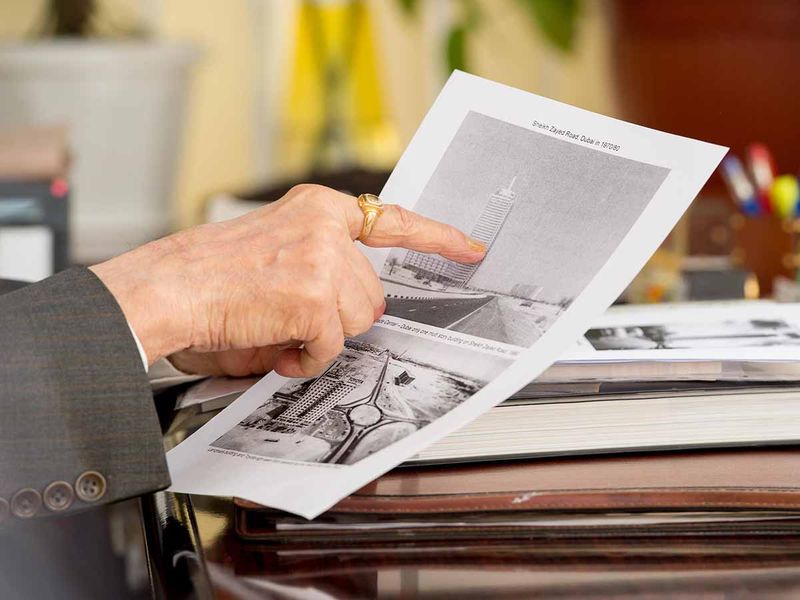
Turn back the clock
“I belong to an era of expats where there was no existence of the UAE Dirham. I was part of the transition phase when the currency prior to the Federation was Qatari Riyal and post it, the country designed its own currency – the UAE Dirham.”
“I remember I QDR was equivalent to Dh1. So adopting the new currency was rather seamless. For example, balance sheets were prepared in QDR and later on it was changed to AED. There was no UAE Central Bank then. The financial entity came into existence only much later. We had a currency board that put the new currency in the market. It was called UAE Currency Board before UAE Central Bank came into existence.”
He added that because both the currencies were pegged at same rates (to US Dollars), there was no loss in the currency exchange.
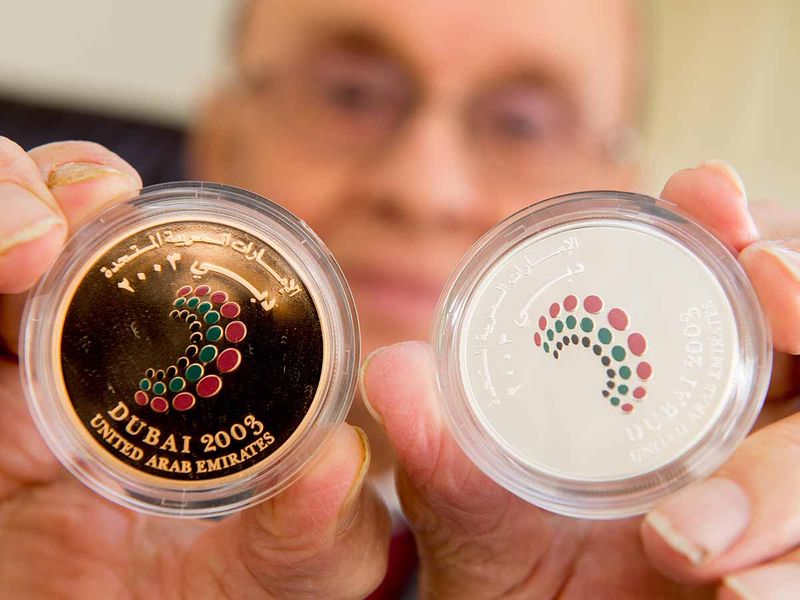
Spirit of nationalism in the UAE
Once the UAE Federation came into existence there was a surge in nationalism. “Everyone, Emiratis and expats alike, took pride in the nation and worked together to help the country grow.”
“As an example, there were several different postal stamps. Abu Dhabi, Dubai and Sharjah all had different postal stamps. After unification the emirates [had] to make one unified stamp.”
But it was a cosy community, Asher recollects. "Everybody knew each other by names. My wife and I lived in a house opposite Dubai Museum for 35 years and we never could imagine Dubai would be the top destination it is today."
Reminiscing the past again, Asher said Bur Dubai, the Shindagha on Deira side were to most popular locales back then. “There were massive piles of dunes everywhere and all the time. Even in front of our apartment building we would see scores of cars getting stuck in the sand. It was sand, sand, and sand everywhere. Today, if you go to some locales in Dubai, you cannot believe it is a desert. Such has been the vision of its rulers and such as has been the hard work of its citizens and expats to make Dubai the place it is today. Not just Dubai, Abu Dhabi and all the other emirates are a success story and I am so proud to be part of it.”
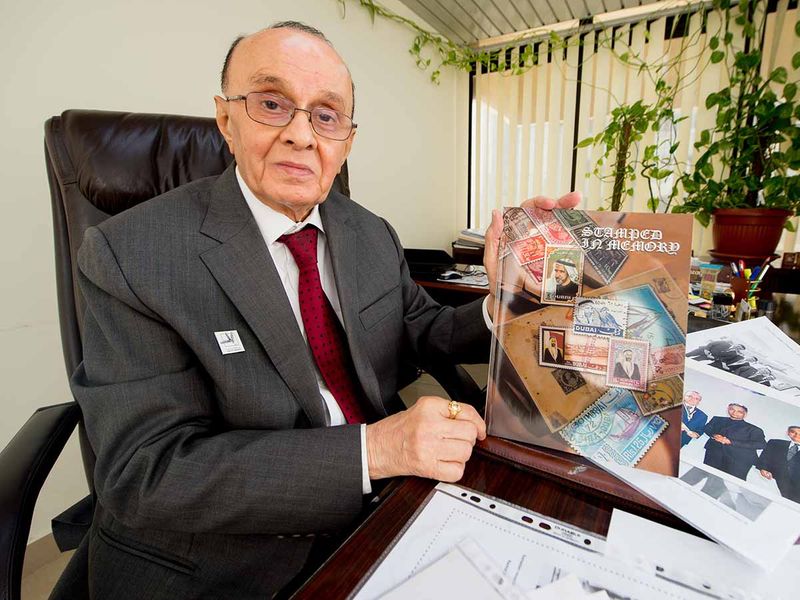
Living in Dubai and language not an issue
The Dubai – India connection dates back to several centuries. So language has never been a barrier. "Although we didn't understand Arabic, the locals spoke Hindi or English. In fact, back in the days, every Thursday night there was a Hindi movie telecast on the prime time channel TV33. That is how close the two countries are."
What's next?
“I have made enough and more for my wife and me. There is not much else I need. Now I just want to focus on my future by giving back to the society in the best possible manner.”
